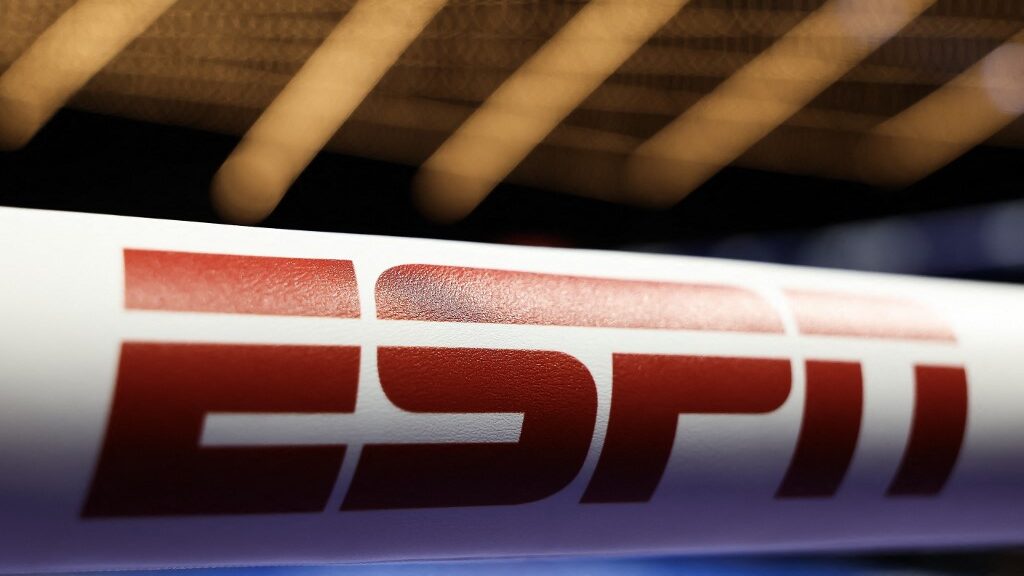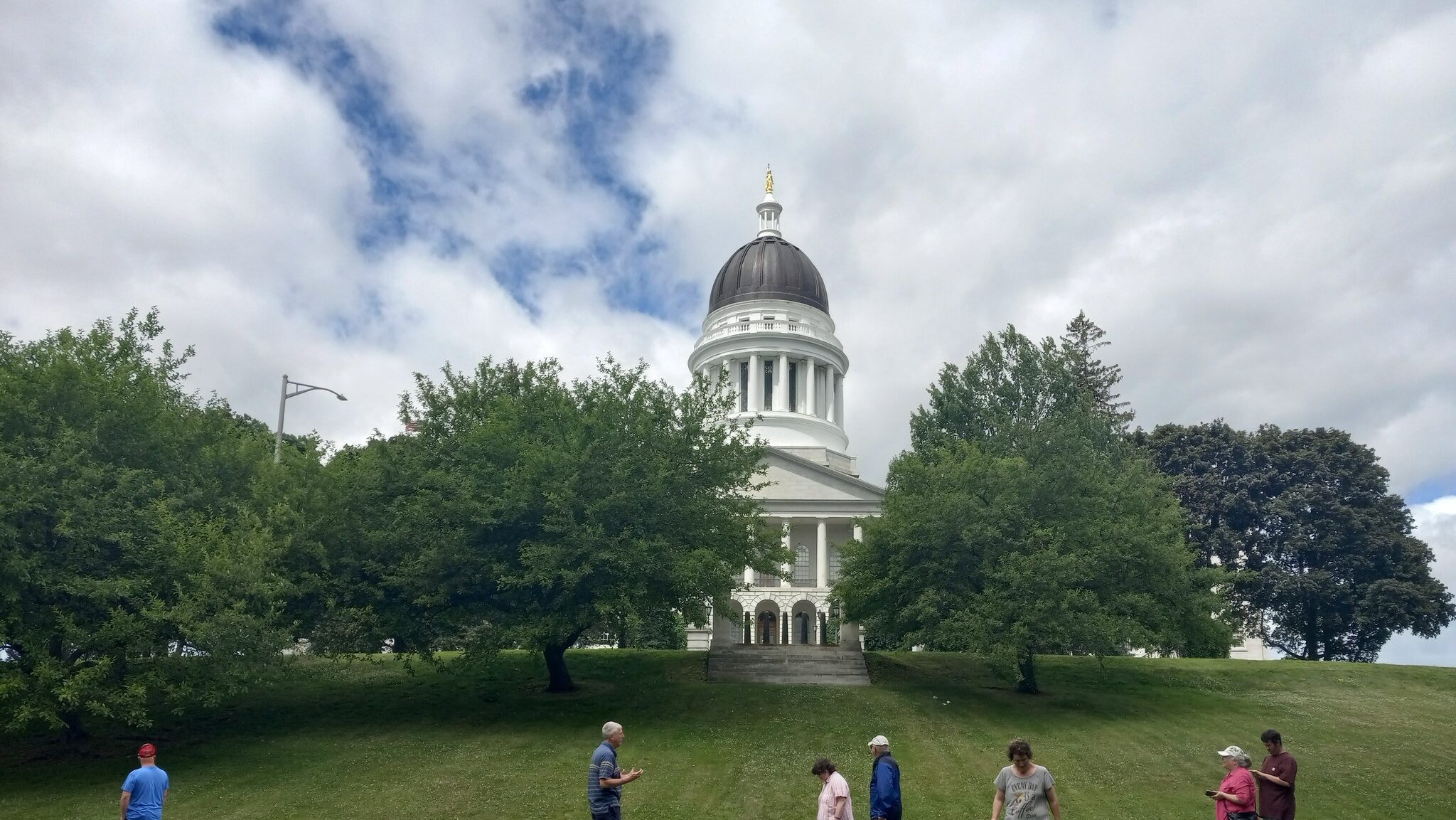
The Supreme Court justices now hold the future of West Flagler Associates and its partners’ challenge to the gaming agreement between Florida and the Seminole Tribe.
Let’s take a closer look at how the conflict has evolved and analyze its potential impact on top-rated sportsbooks.
Last Word Showdown
West Flagler Associates recently presented their final argument to the US Supreme Court (SCOTUS). The reply from the pari-mutuels suing the federal government is the final piece needed before SCOTUS considers whether or not it will take the case.
West Flagler and Associates (WFA) discounted a recent argument by the US Department of Justice (DoJ). They (WFA) claim that the 2021 agreement, which permits betting outside tribal lands, is unlawful. However, the Department of Justice counters this claim, asserting that intervention is not their role and that the agreement does not violate any laws. The DOJ maintains that all actions were carried out correctly and within legal bounds.
The legal dispute is at a critical point because it’s now time for the Supreme Court to decide if it will take up the case. The only good news for West Flagler is that they were given the opportunity to get the last word in.
Both parties involved will not provide any more information or arguments in this legal case. A future document will explain if the Supreme Court decides to look at the appeal and why they made that choice. We don’t know yet when they will decide.
What’s at the Heart of the Lawsuit?
The West Flagler Associates (WFA) asked the Supreme Court to review a case in April. The case is about whether the Department of the Interior (DoI) was right to agree to a deal that lets the Seminole tribe be the only one to offer online betting in Florida.
This deal also says that if someone in Florida places a bet online, and the bet goes through a server owned by the Seminole tribe, it counts as if the bet was made on tribal land. This is important because it could mean the tribe can control all online betting in the state, even if the bets are made off their land.
The DOI believes that the agreement doesn’t break any rules of the IGRA—the Indian Gaming Regulatory Act. On the other hand, West Flagler thinks that the DOI’s argument might actually convince the U.S. Supreme Court to consider the case.
Could IGRA Actually Help WFA’s Case?
The government’s main argument is that the agreement, also known as the Compact, doesn’t allow any sports betting on lands that aren’t owned by Indian tribes. Therefore, they believe that approving the Compact didn’t break any IGRA rules. However, they also admit that if the Compact did allow betting on non-Indian lands, then approving it would have broken IGRA rules.
This would mean that the decision of the Court of Appeals would be in conflict with the decisions of other courts, including the Supreme Court, which would then need to review and possibly overturn the decision.
So, the main question is whether the Court of Appeals was correct in saying that the Compact doesn’t allow sports betting on non-Indian lands. If they were correct, then there’s no need for the Supreme Court to review the case. However, if they were wrong, then even the government agrees that the Supreme Court should review and possibly overturn the decision.
Now we’ll wait to see what the Supreme Court decides to do.















